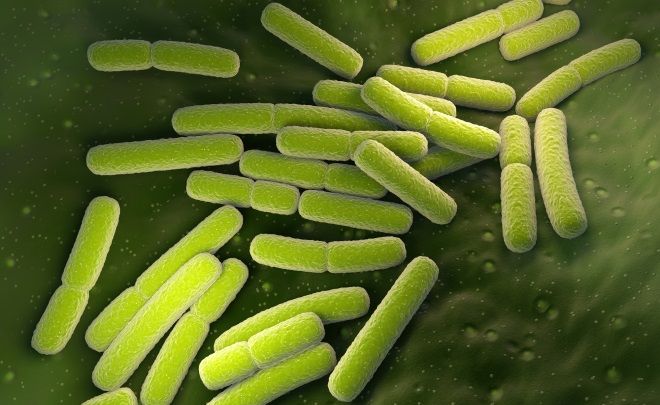
In this, the third in our blog series on food poisoning lawsuits, we discuss the issues surrounding E. coli foodborne illness.
One of the most common causes of foodborne illness in the United States comes from the Escherichia coli (better known as E. coli) bacteria. The most common strain of the E. Coli bacteria responsible for food contamination is E Coli O157:H7, which produces a Shiga toxin (STEC, VTEC, or EHEC), which is the actual cause of the infection. It is the Shiga toxin that causes the food recalls that are so common in the news.
What is E. coli and How Does it Attack Some People?
Much like Salmonella, most E. coli O157:H7 infections happen due to improper food handling. The food becomes contaminated when it is handled carelessly, or when certain meat and dairy products are consumed raw or undercooked. That said, in recent years, there have been an ever-increasing number of E. coli O157:H7 infections traced to the consumption of leafy greens, like spinach. Every year, about 73,000 cases of E. Coli O157:H7 are reported, and several studies have pegged the costs of these infections include nearly a half-billion dollars in lost productivity, medical expenses, and premature deaths.
For healthy adults, most cases of E. coli O157:H7 infection are relatively mild, and they simply fade away in a few days to a couple of weeks. Unfortunately, however, a lot of people aren’t so lucky. Some STEC infections can lead to hemolytic-uremic syndrome (HUS), which can lead to kidney failure and which can lead to death. Among those most susceptible to serious illness from E. coli tend to be small children, the elderly, and those with compromised immune systems. These people also are those most at risk for developing HUS from an E. coli infection. If HUS develops, it usually does so about 7 days after the first symptoms of E. coli contamination. Signs of HUS can include fatigue, decreased urination, and losing pink color inside the lower eyelids and cheeks. People who develop HUS must be hospitalized.
The most common symptoms of E. coli food poisoning include hemorrhagic colitis, the symptoms of which include abdominal pain and cramps, as well as headaches and fever. Quite often, illness from E. coli will include severe diarrhea and sometimes vomiting. The diarrhea will usually start off as watery and will often turn bloody within 24 hours.
Why You May Want to File an E. coli Lawsuit?
Symptoms of E. coli infection will usually begin several days after the victim has eaten contaminated food. Patients should seek medical attention immediately after developing symptoms. Treatment usually starts with proper hydration and nutrition, to limit the scope and severity of symptoms. There is no specific medical treatment for E. coli, in part because antibiotics have no effect on the most common strain of E. coli and may, in fact, make some symptoms worse.
If you are even considering filing a lawsuit over E. coli contamination, it can be a good idea to report the infection to the local health department, so they can compile data and determine whether you are part of an outbreak. More importantly for you, they can also determine any commonality among the various people who have become infected, which can reveal whether they all bought groceries from the same store or ate at the same restaurant, thus providing clues as to where the contaminated food came from.
In Texas, the presence of a pathogen like E. coli in food indicates that such food is defective. That is important, since food poisoning cases are quite similar to other types of product liability cases, in that there are three types of recognized defects for which a manufacturer/producer may be held liable, including manufacturing, design and marketing defects. Generally speaking, the presence of E. coli bacteria in food constitutes a manufacturing defect. Such defects occur when the production of a product deviates from the intended design.
What Do You Have to Prove in an E. coli Lawsuit?
For product liability purposes, it only matters that chicken or beef has E. coli bacteria present; it really doesn’t matter whether or not a chicken processor took “reasonable care” in handling the food. Proving that either a food processor or a retailer should be held liable for E. coli food contamination is a considerable challenge, in part because of the bacteria’s incubation period. Having evidence from the Texas or local health department, or even the CDC, makes that challenge manageable.
As noted, in most cases, E. Coli food poisoning will pass relatively quickly. However, when the bacteria cause serious harm and result in substantial medical bills, you owe it t yourself to find a knowledgeable and experienced attorney to help you get through the process, so you can get the compensation you need and deserve. The attorneys at the Hill Law Firm can help you by conducting a thorough investigation and gathering evidence to prove responsible parties liable. In San Antonio, Bexar County, or anywhere else in Texas, give us a call so we can help. All consultations are free and you pay nothing unless we win your case.
